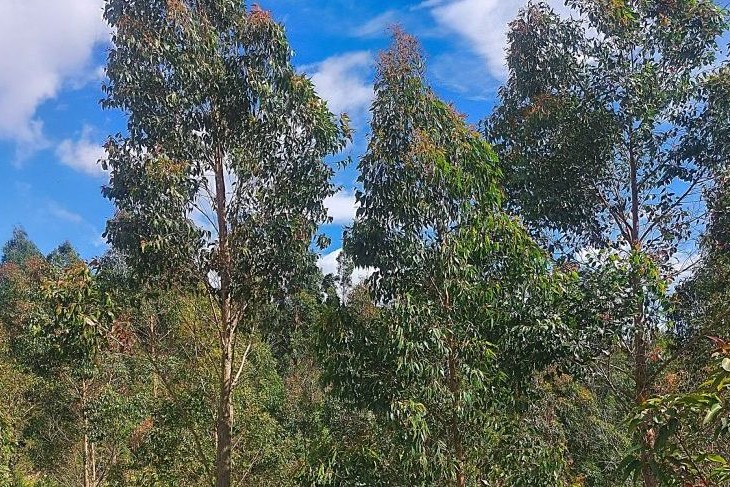Tim Fulton
One of the West Coast’s oldest farming families can keep grazing public conservation land.
The Department of Conservation (DOC) has given applicant John Cowan a licence to graze 736ha of conservation estate along the Haast River, a block that lies within a UNESCO World Heritage Park as well as being next to Mt Aspiring National Park.
After an 18-month wait, the Cowan family has permission to run 60 beef cows per year and 50 calves for up to six months between the Roaring Billy and the confluence of the Landsborough River. Their license expires in 2023.
The consent gives the Cowans double reason for celebration. John’s daughter Catherine and husband George Ivey, who farm Glentanner Station and use the grazing blocks, are celebrating the birth of their second child.
Cowans have been farming in the Haast for 150 years and have had public grazing concessions for the past 35 years but this is the first time they have had to apply for a license publicly.
West Coast farmers rallied to support their application, fearing a DOC clampdown on grazing concessions.
DOC’s Deputy Director General Partnerships, Dr Kay Booth, who made the decision, said the grazing been approved “subject to a number of special conditions to manage the impact of cattle on vegetation and the environment”.
This included fencing off the true left boundary with Mount Aspiring National Park and the Conservation Area on the true right. Cowan would also have to fence off pockets of native vegetation, particularly ribbonwood and coprosma wallii.
Booth said the grazing was allowed for in the West Coast Conservation Management Strategy provided any effects were mitigated “and I believe they can be through fencing,” she said.
Booth said there must be no grazing in the National Park and she had therefore set down specific conditions to fence off the National Park boundary with the grazing lease area.
“We will robustly monitor the effects of the grazing and compliance with the conditions of the licence. If the applicant is not meeting the conditions there may be grounds to revoke the licence,” she said.
Ivey said the conditions should be workable, including the new fencing.
He said DOC staff had been good to work with in the application process and most of the trouble had been “higher up” in government.
The three-year license brought their grazing right for that 736ha into line with other family leases in the area and would give everyone time to assess how well the conditions worked.




